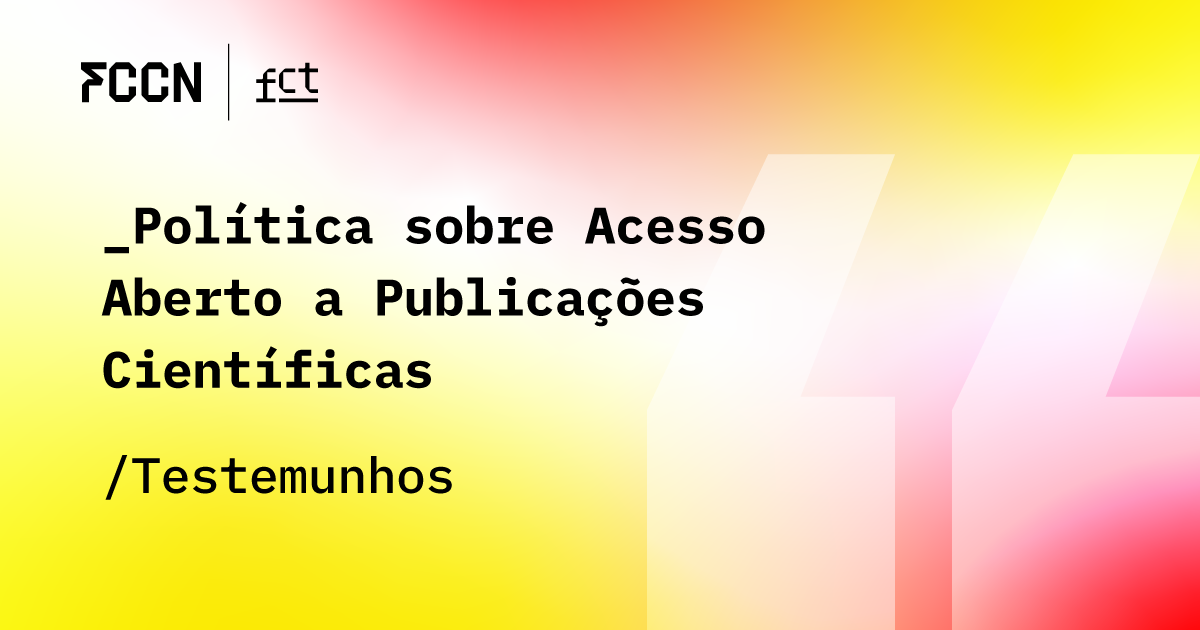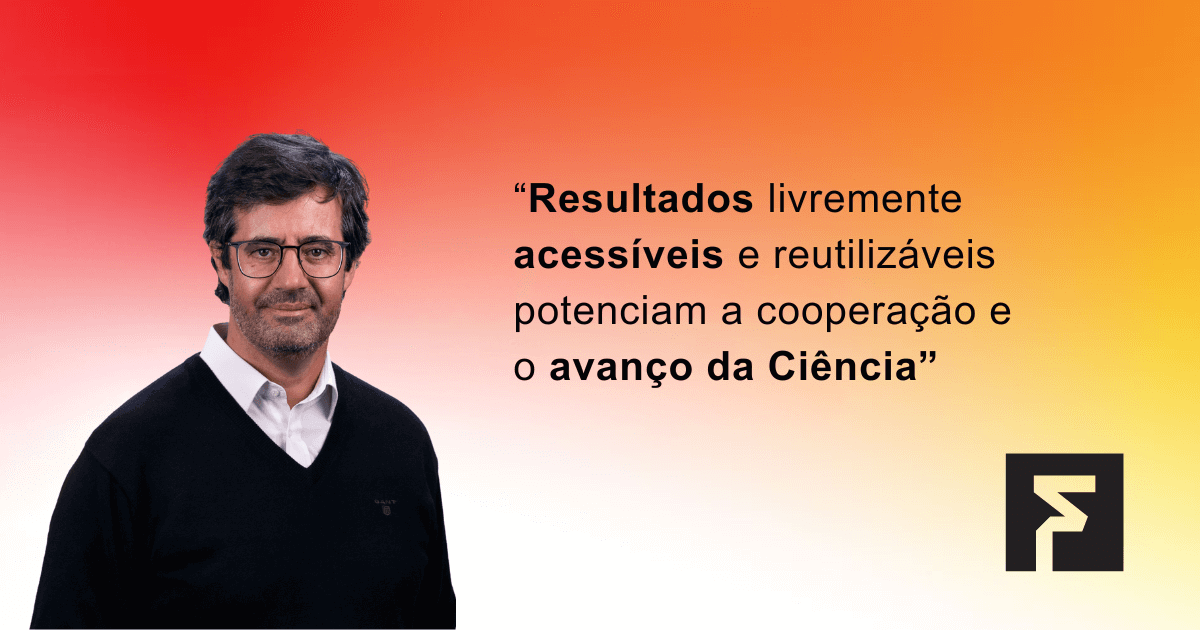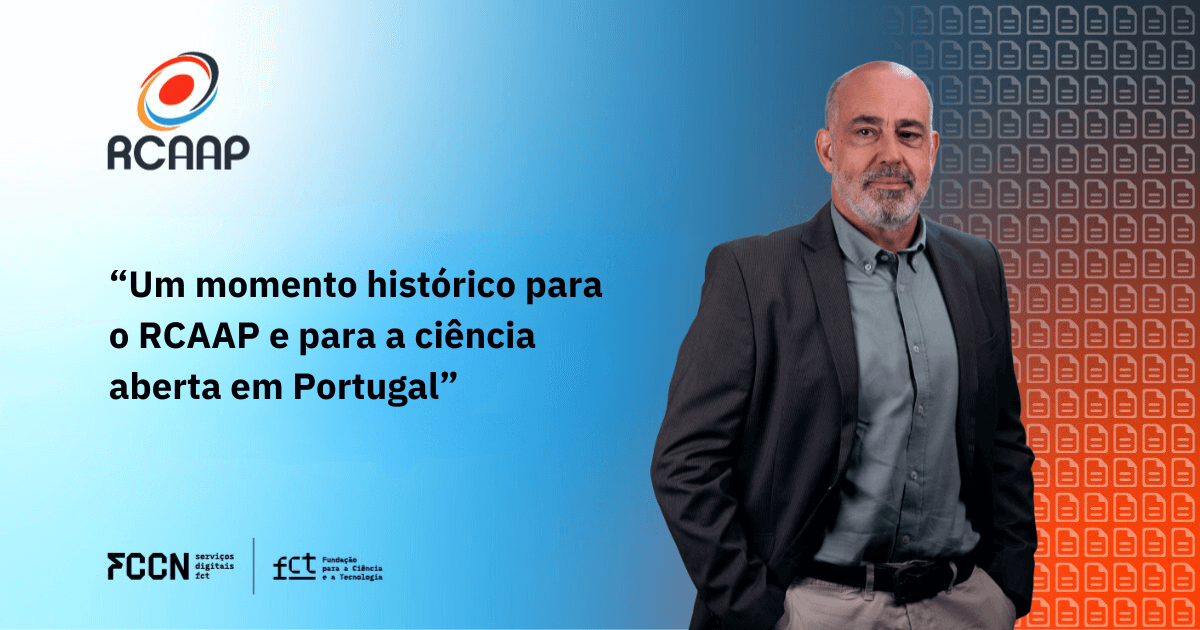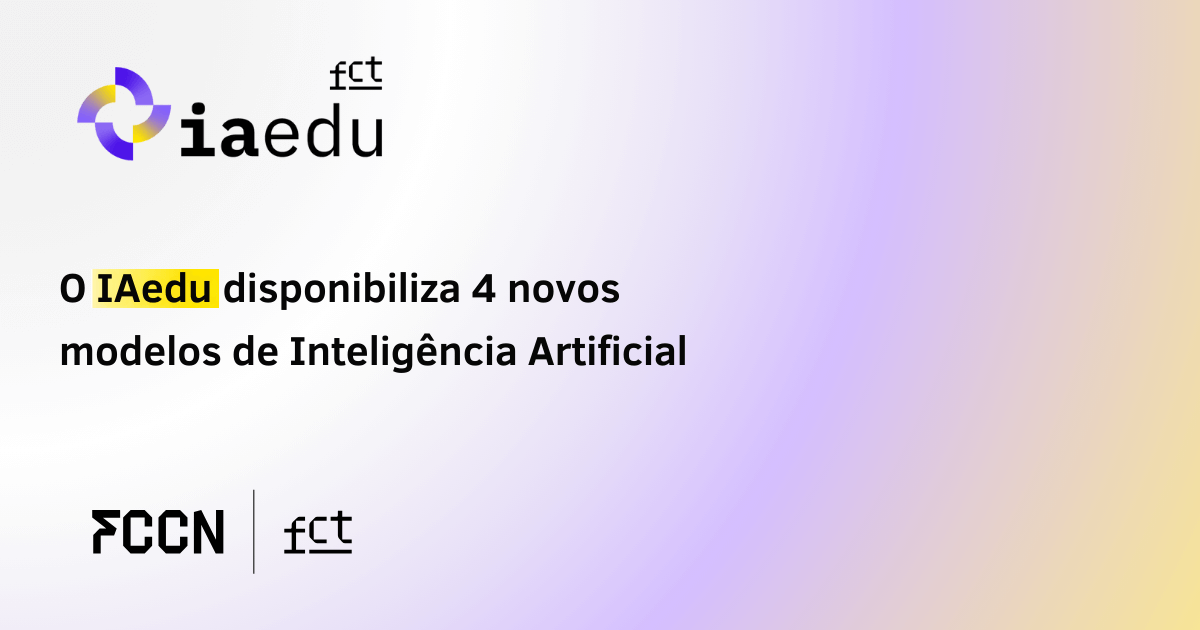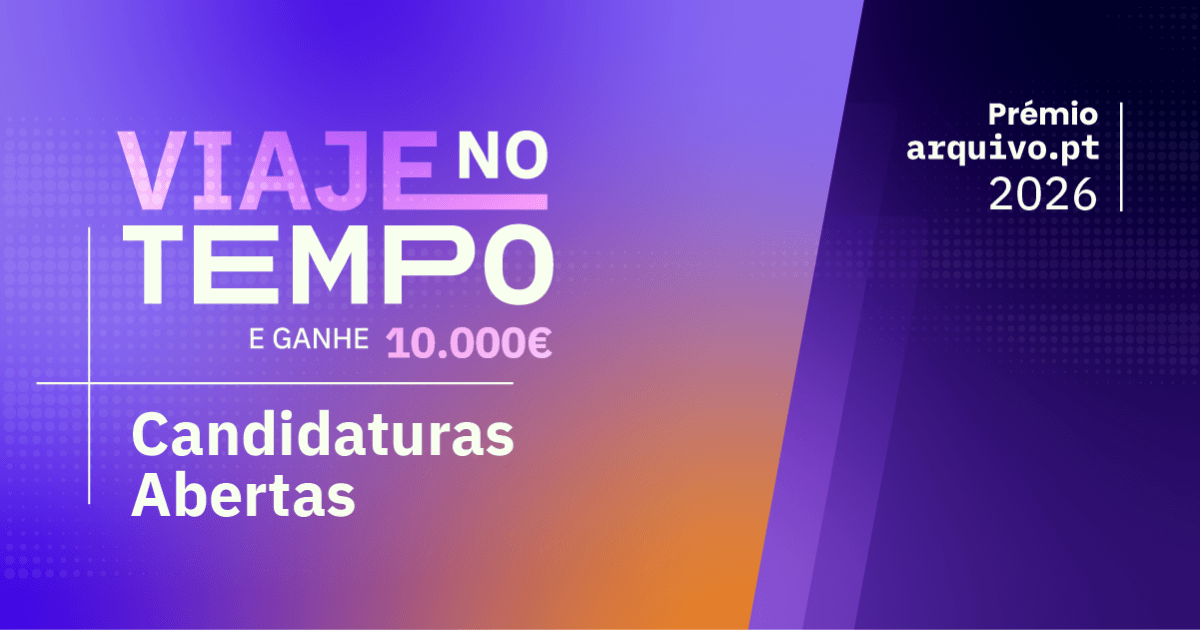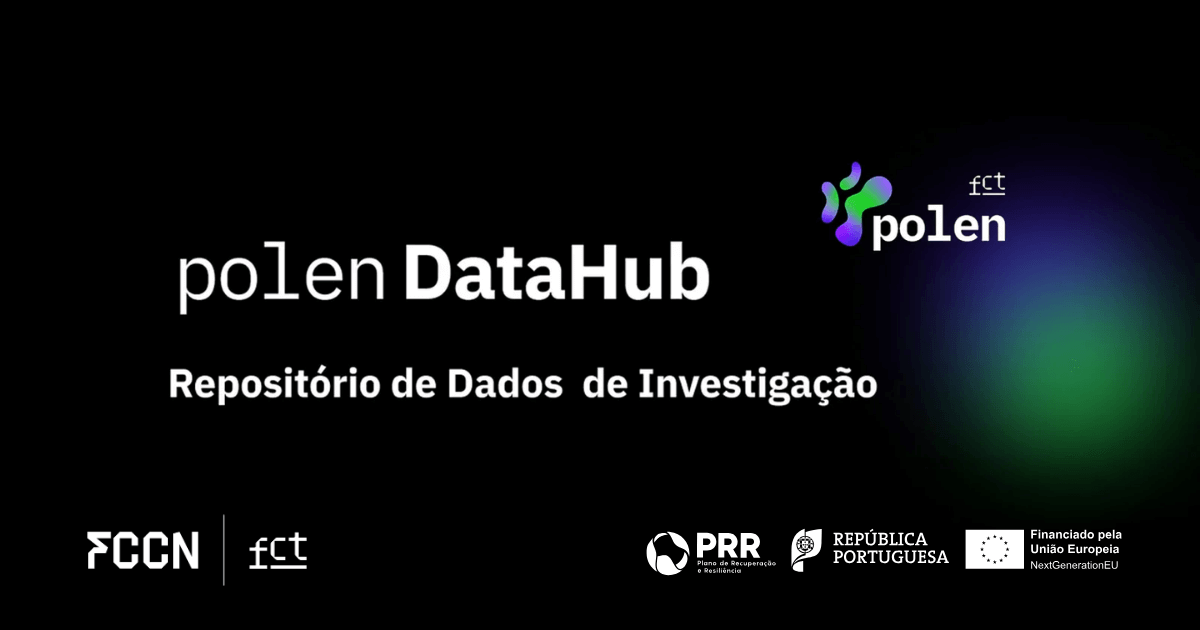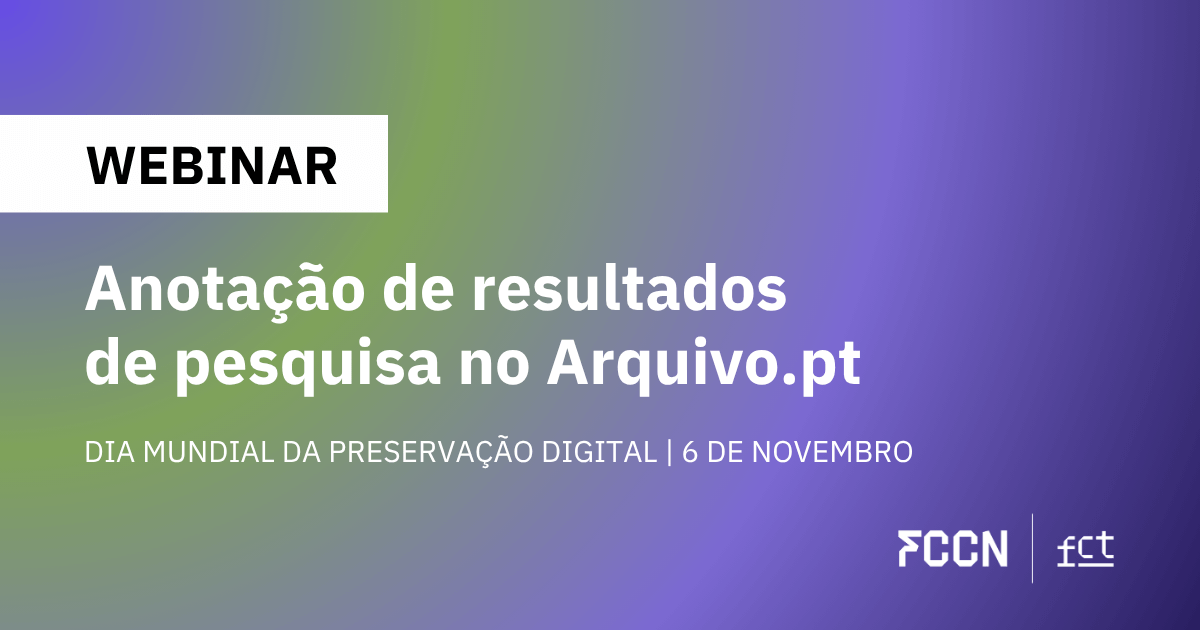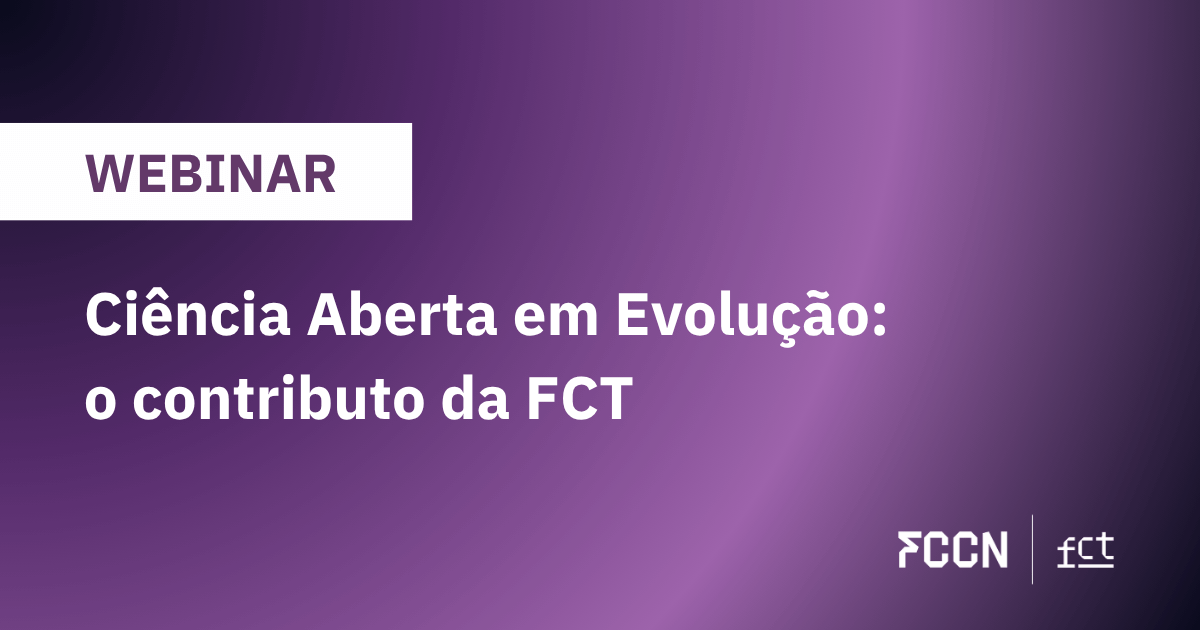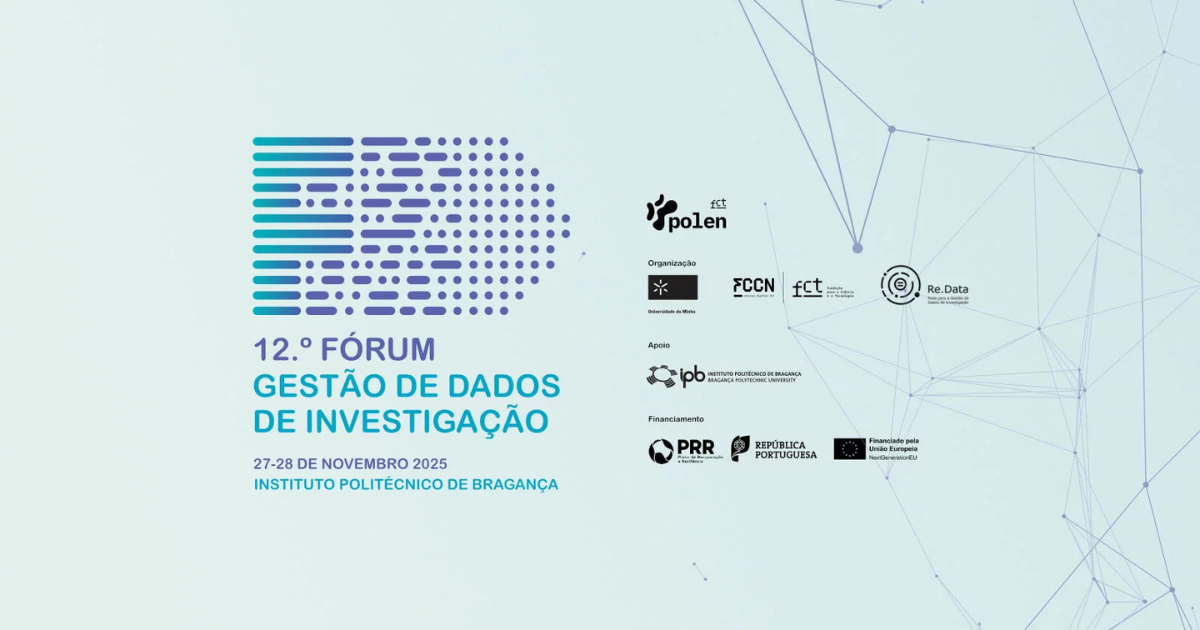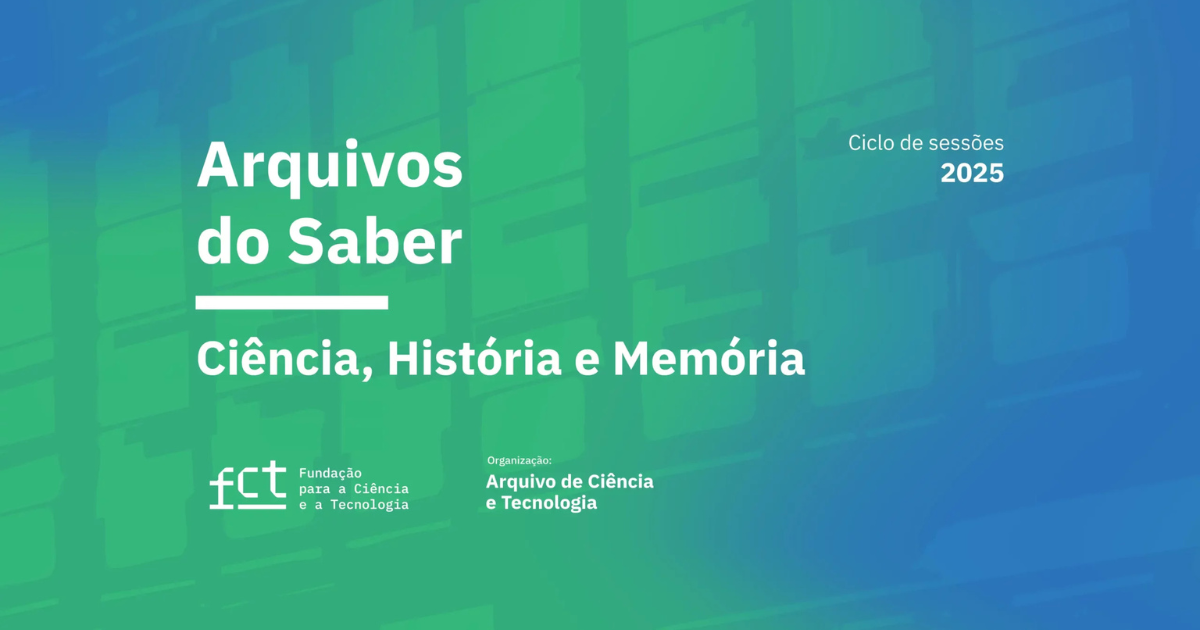The initiative aims to respond to the abrupt mass migration to distance learning due to the Covid-19 pandemic.
The Foundation for Science and Technology (FCT) is currently carrying out a set of actions that will help validate the possibility of using Remote Assessment Systems (SAR) in higher education. This pilot project is being developed by FCCN, the National Scientific Computing Unit of the FCT, and was triggered by the urgent need to promote remote assessment solutions for higher education institutions (HEIs), due to the abrupt mass migration to distance learning due to the Covid-19 pandemic.
SARs provide reliable identity verification and monitoring options for trustworthy teaching assessment, whether for remotely validating learning outcomes in a teaching program or for organizing large-scale remote assessments. This is currently underway, as part of the project "Nau – Always Learning” of the INCoDe.2030 initiative, the activation of a project focused on the hiring of mature platforms, with several years of development and operation in HEIs around the world and with needs similar to ours.
Four different platforms are being studied and compared, with the process being conducted jointly with representatives from universities and polytechnics, under the coordination of the FCCN unit team, which guarantees access to the SARs under analysis and promotes solutions to ensure their completion as quickly as possible.
There is no “tailor-made” solution that guarantees that it will cover, from the outset, all the different needs presented by HEIs, such as options for online proctoring, live proctoring, self-proctoring, identity verification, recorded tests and integration with LMS (Moodle, EdX, etc.), the selected solutions will be tested for one month, financed and purchased centrally and with real tests from already identified HEIs (and others that may be added), which will allow for between 1,000 and 3,000 tests for each solution, depending on the chosen format, for a total of 3,000 to 9,000 tests.
Once this process is complete, those responsible for the HEIs will present a report with the results, which should include the learning, good and bad experiences, identified by teachers and students.
Another one is being planned webinar within the scope of the Metared initiative, to be announced shortly, which will mark the beginning of the project and in which details will be given to the various agents on how access to the platforms can be requested.

